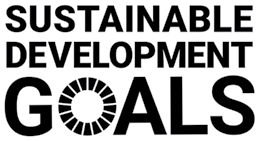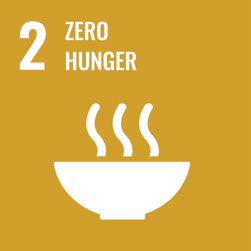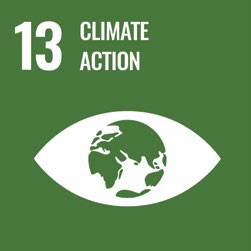Ensuring food security by safeguarding pollinators
Prof. Jane Stout
Pollinators provide a key ecosystem service by facilitating the reproduction of many plants (wild and cultivated). This is fundamental to ensure the production of seeds, pulses, fruits and vegetables that are part of human, and farm and wild animals’ diets.
“Pollinators are custodians of our food security and many of them are in decline or at risk of extinction. Agricultural intensification, climate change, and other human activities are driving this decline.”
 Prof. Jane Stout is involved in a number of national and international partnerships to combat pollinator decline by understanding, restoring and creating habitats. She leads a pan-European assessment of exposure to chemicals, pathogens
Prof. Jane Stout is involved in a number of national and international partnerships to combat pollinator decline by understanding, restoring and creating habitats. She leads a pan-European assessment of exposure to chemicals, pathogens
and nutritional stressors as part of the EU PoshBee project. In West Africa, she works in partnership with NGOs and commercial organisations on sustainability of shea pollination. At the national scale, Prof Stout is involved in DAFM-funded projects, to provide baseline information for meaningful biodiversity interventions for farmers, and to mitigate the effects
of pesticide use. Prof Stout also provides support to a number of enterprise partners (particularly in the food sector) to determine the impact of biodiversity friendly management actions on plant and pollinator communities on productive farmland and agri-food industry sites.
Prof. Stout co-led the development of the All-Ireland Pollination Plan that supports councils, business, farmers and communities to create environments that will ensure pollinators survive and thrive. Her research provides the evidence-base for practical guidelines for positive action on farmland, in urban areas, and in protected sites.




